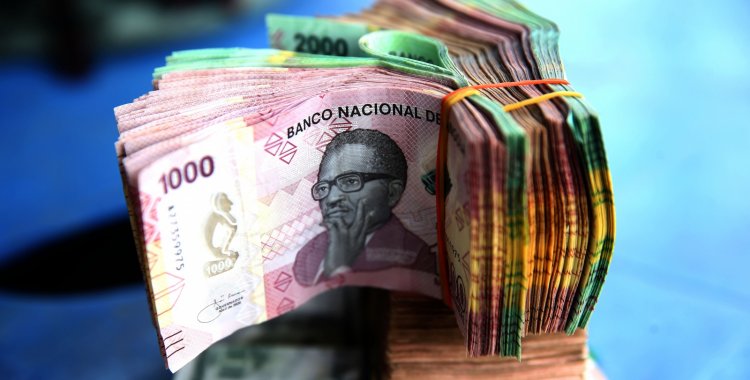Manuel Tiago was speaking after the meeting of the Monetary Policy Committee – the last one this year – and considered that the evolution of prices and the performance of economic activity allow us to foresee a preservation of the value of the kwanza.
"Looking at what the performance of national economic activity has been, which allows us to envisage a growth rate of around 4 percent in the year 2024 and also the slowdown in the pace of price growth in the economy, all of this will have to contribute naturally to a greater, or at least to a preservation of the value of the national currency".
He also highlighted that, compared to last year, when the depreciation of the national currency was very close to 40 percent, in 2024 the depreciation was only 9 percent.
"We think that the relative stability, which the exchange rate has registered so far, will continue until the end of the year. And from then on we will be able to better foresee what will happen next year, 2025", he indicated.
The BNA governor recalled that the mission of the National Bank of Angola has to do with price stability in the economy, with a view to the stability of the national currency, highlighting that price stability will only be possible through a substantial increase in the production of goods and services, especially those that are surplus and can be exported to assist in the entry of foreign currency into the country.
"When there is a balance between what we export and what we import, then we will have stability in the national currency resulting from the foundations of the economy itself", stressed Manuel Tiago.
Asked about Angola's entry into the gray list of the FATF (International Financial Action Group), he highlighted that the effort made by the Angolan authorities was recognized, as they managed to resolve the majority of the deficiencies identified, leaving only 17 unresolved and will be the target of a action plan.
He mentioned, on the other hand, that the national banking sector performed above the average of other sectors and that at the level of the national financial system, attention is essentially focused on non-bank financial institutions, which will be monitored by supervisors, adding that relations between Angolan banks and their foreign counterparts will remain the same.







